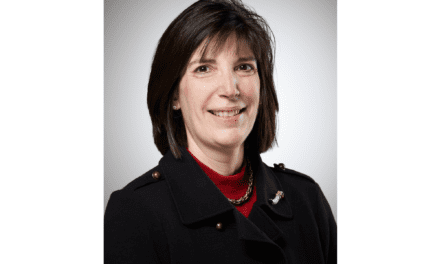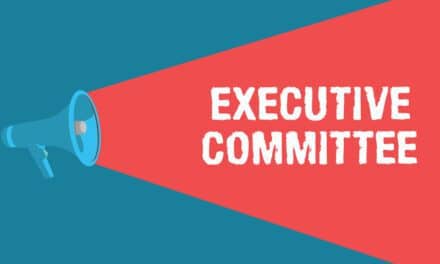The American Board of Medical Specialties (ABMS) has established a three-year limit to the time that can elapse between completion of residency training and board certification. The new limits are effective as of January 1, 2012.
According to the policy, no fewer than three years and no more than seven years can elapse between training and board certification. The maximum time allowed will depend on the specialty. The 24 ABMS member boards each have different requirements for board certification and offer their certification exams at different intervals. Each board must choose the time limit by April 16, 2012. Physicians who do not achieve certification within the specified time period will need to restart the process.
“Board certification is the gold standard for specialists in this country,” says ABMS President and CEO Kevin B. Weiss, MD, in a press release. “In recent years, ABMS Member Boards have made it even stronger by requiring physicians to take part in a rigorous program of professional development. The new policy ensures that physicians enter into this process of lifelong learning and professional development without too big a gap after their training.”
Before the new policy, physicians who had applied but not completed the process of board certification referred to themselves as “board eligible.” ABMS and its member boards did not recognize the term, and the period was amorphous.
“We recognize that physicians sometimes need to signal their intention of becoming board certified when they apply for jobs and attending privileges in hospitals and other facilities,” says Weiss. “This policy legitimizes the term ‘board eligible’ during a specific time period, but shuts off the potential for abuse of the term.”
Member boards will also determine the sanctions for physicians who claim board eligibility after the permitted time between training and certification has elapsed.
In addition to specifying their time limits going forward, all member boards will choose a year by which physicians currently in the process must achieve certification. That year must occur between 2015 and 2019.
Source: ABMS




